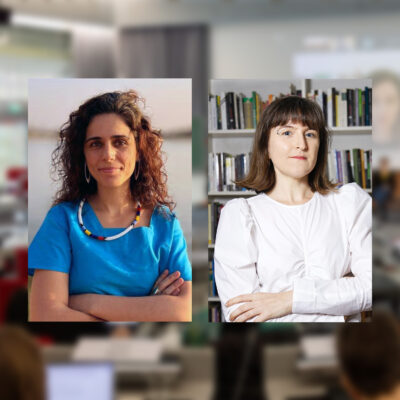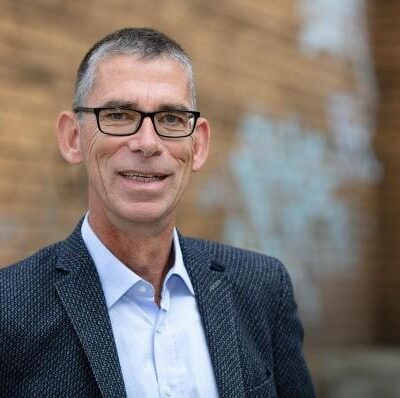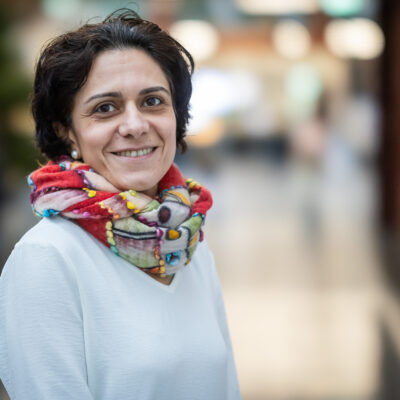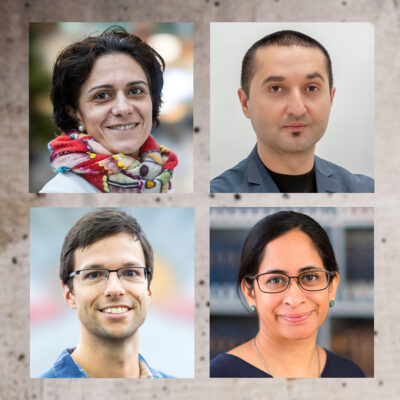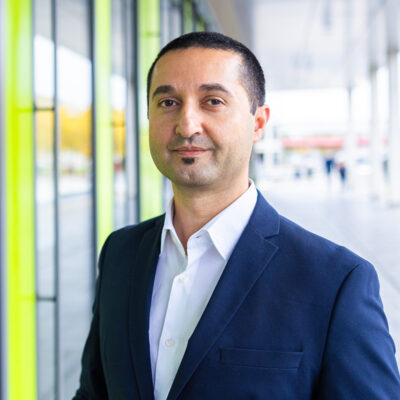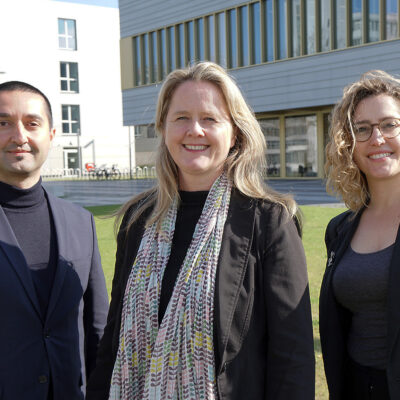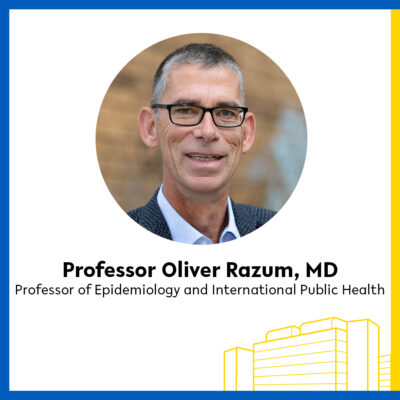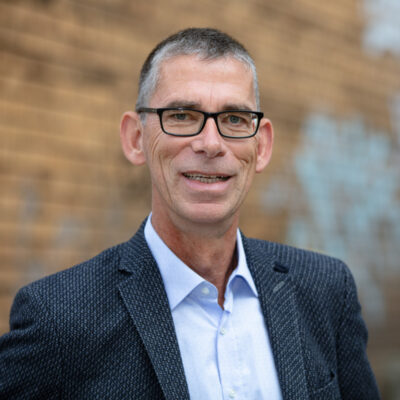© Stefan Sättele
Researching inequality, understanding conflicts
Inequality triggers conflict. The CoIn Focus Area is creating a framework to explore these tensions in an interdisciplinary manner and to decipher their causes.
Read more »© Alex Photo/stock.adobe.com
Polio Vaccination Remains Essential
A new study shows: The polio vaccine remains essential. Prof. Dr. Oliver Razum emphasizes: Eradication is unlikely, vaccination protection remains indispensable.
Read more »© Foto li.: Pablo Holmes, Foto re.: privat
Self-managed abortion
Feminist networks campaign for reproductive rights. A research group at the Center for Interdisciplinary Research (ZiF) is investigating their role and impact.
Read more »© Tobias Hoffmann, Carina Jahnke (colouring), Robert Koch Institute
Covid-19: migrants globally at higher risk
Study led by Bielefeld University shows 84 per cent higher risk of infection among migrants compared to the general population based on data from over 53 million people.
Read more »© Bielefeld University
Entanglements of illegality, legality and violence
At the ZiF, researchers discuss the links between illegality and violence in the drug trade in the Americas.
Read more »© Bielefeld University
Special edition on occasion of the World Health Assembly
Migration and health are the subject of a new series in a Lancet journal. Three of the university’s health scientists are among the authors.
Read more »© Mike-Dennis Müller
Continue talking about the conflict in the Middle East
Interview with public health researcher Oliver Razum on a delegation trip to Israel and Palestine: how academic research might help address the conflict, and how insights can be transferred to Bielefeld teaching
Read more »© michaelheim/stock.adobe.com
‘Our epidemiological research still reveals gaps’
Four years ago, Germany went into lockdown. Health scientist Professor Alexander Krämer on learnings from the pandemic.
Read more »© Bielefeld University/Sarah Jonek
Anna Oksuzyan studies impact of long commuting on health
Commuting between home and work by car or public transport has an impact on health.
Read more »© Afshar Tetyana/stock.adobe.com
Refugees and dental care: Study dispels prejudices
Bielefeld researchers shed light on what’s really happening in dental care.
Read more »© Bielefeld University
How healthcare systems withstand uncertainty
A new graduate school at Bielefeld University is dedicated to studying the effects of uncertainty on health policy and healthcare.
Read more »© top left Sarah Jonek, right Britta Kirst, bottom left Sarah Jonek, right Kat Hackenberg
Top ERC funding in the millions for four researchers
The European Research Council has announced the awardees of the new Consolidator Grants. In Germany, Bielefeld University is one of the most successful in acquiring grants this time.
Read more »© Mike-Dennis Müller / www.mdm.photo
Action plan for better data on migration and health
Health data on migrants and refugees is incompletely recorded in European countries. This is shown by Bielefeld Professor Dr Kayvan Bozorgmehr and his co-authors in a new study.
Read more »© Bielefeld University
The “silent pandemic”: Equity and gender considerations
Researchers from Bielefeld University and Torrens University Australia in Adelaide aim to investigate whether equity and gender is being taken into account in efforts to tackle AMR in Germany and Australia.
Read more »© Bielefeld University
How can science better advise policy?
The new ZiF research group deals with evidence-based policy-making. The inaugural workshop will focus on the misinterpretation of scientific findings.
Read more »© Bielefeld University
‘Making healthcare more equitable for refugees’
Millions of people have fled because of the war in Ukraine. Interview with health scientist Professor Oliver Razum, MD, on medical care for refugees.
Read more »© Oliver Krüger
How it happens that humans and animals individualize
The JICE Institute and the InChangE network focus on the role of individualization in changing environments. Four academics report on their research.
Read more »© Jürgen Fälchle/stock.adobe.com
‘Mismatch between measures and case numbers’
‘The widespread lifting of coronavirus protection measures could have unforeseeable consequences,’ says epidemiologist Professor Oliver Razum, MD, of Bielefeld University. In our interview, the public health scientist explains why he […]
Read more »© Bielefeld University
Study on migration background and health literacy
First comprehensive survey of first-generation migrants and subsequent generations
Read more »© Bielefeld University/M.-D. Müller
How refugees live
‘Refugees must have the chance to shape their lives themselves.’ Any assistance that is ultimately a disempowerment is not really help at all: it paralyses and frustrates, says Professor Dr Oliver Razum.
Read more »

